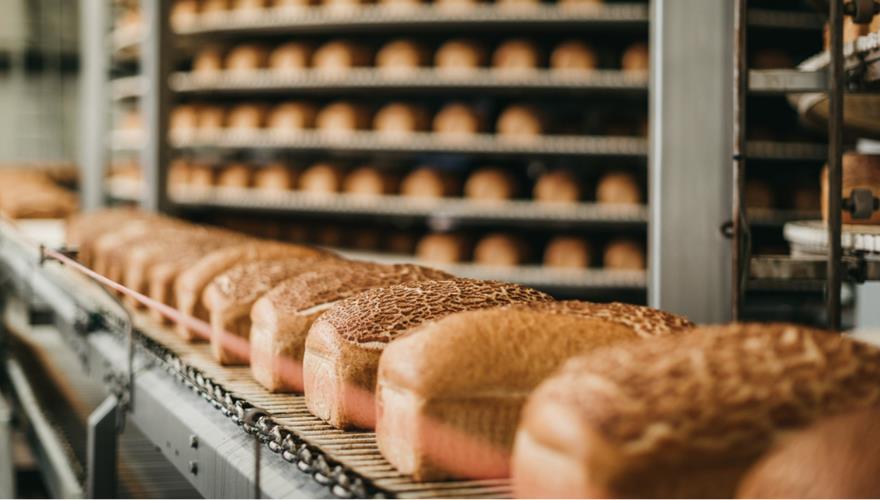
Q & A With Meryl Richards, Ceres' Program Director, Food And Forests
Q: Why is the decarbonization of the food sector so important? How can it be achieved?
Food production is responsible for approximately one-third of all global greenhouse gas emissions. Most are a result of the industry's supply chains-from growing crops to feeding and raising livestock. Avoiding the worst impacts of climate change requires we decarbonize the way we feed ourselves.
To accomplish this, we need food companies to first look at their supply chains, set science-based targets, then develop climate transition action plans to lay out exactly how they plan to meet those targets.
Q: Where do you see the biggest challenges?
While there are food companies developing transition plans, the industry needs to act with more urgency. Our most recent benchmark analysis of many of the largest North American food companies engaged in the Ceres Food Emissions 50 initiative spotlight opportunities for more action.
One key area: synching the company's growth and innovation strategies with its climate goals. Our recent report shows that while more businesses are analyzing risks and opportunities, most aren't taking actions to manage those risks by reducing emissions from existing agricultural practices or seizing the opportunities in accelerating new technologies. Only a handful of companies are providing support and financial incentives to help the farmers they work adopt sustainable farming practices.
Q: What are the biggest successes you have seen in recent months to move the sector closer to the goal of limiting warming to 1.5 C?
More companies are sharing details about their emissions and how they plan to reduce them. The latest Food Emissions 50 Company Benchmark found that 37 out of the 50 companies have reported their supply chain emissions and 32 of them have set targets to reduce those emissions. Just three years ago, when we launched the initiative, only a few companies disclosed scope 3 emissions from their supply chain and corresponding 1.5°C-aligned science-based targets. This is encouraging. Being able to measure climate strategies helps investors and other external stakeholders hold a company accountable for reducing emissions and the company assess and adjust its progress over time. Hopefully, more companies will follow and report their own transition plan, now that they've seen it's possible.
Q: Are there any upcoming projects, regulations and/or initiatives that you are most excited to see that will aid in moving the sector towards greater sustainability?
One area where my team and I are ramping up our work is in addressing methane from meat and milk production as livestock represent around 58% of total emissions for food companies.
Ceres supports investors who are working with companies on reducing these methane emissions under our Food Emissions 50 initiative. We also support the Dairy Methane Action Alliance , a global initiative that aims to reduce methane across the dairy sector. Ceres is providing that initiative with technical guidance on how to incorporate reducing methane into climate transition action planning as well as helping ensure companies are making progress against key plan milestones. I am also excited that we will be releasing our first public agricultural methane-focused report early next year.
Q: What drew you to your work in the food sector?
I'm an avid gardener, and I have always loved plants and soil. That led me to pursue my graduate degree in plant and soil science – the“roots” of how food is produced – which sparked my interest in researching the issues associated with today's large-scale agricultural systems. I'm also drawn to big challenges. And the food sector is facing the immense challenge of feeding a growing planet of nearly 8 billion people. We need to figure out how to enable that growth without causing irreparable harm to the climate and the natural ecosystems that underpin food production.
Read more about some of the work being done at Ceres to decarbonize the food sector.

Legal Disclaimer:
MENAFN provides the
information “as is” without warranty of any kind. We do not accept
any responsibility or liability for the accuracy, content, images,
videos, licenses, completeness, legality, or reliability of the information
contained in this article. If you have any complaints or copyright
issues related to this article, kindly contact the provider above.


















Comments
No comment